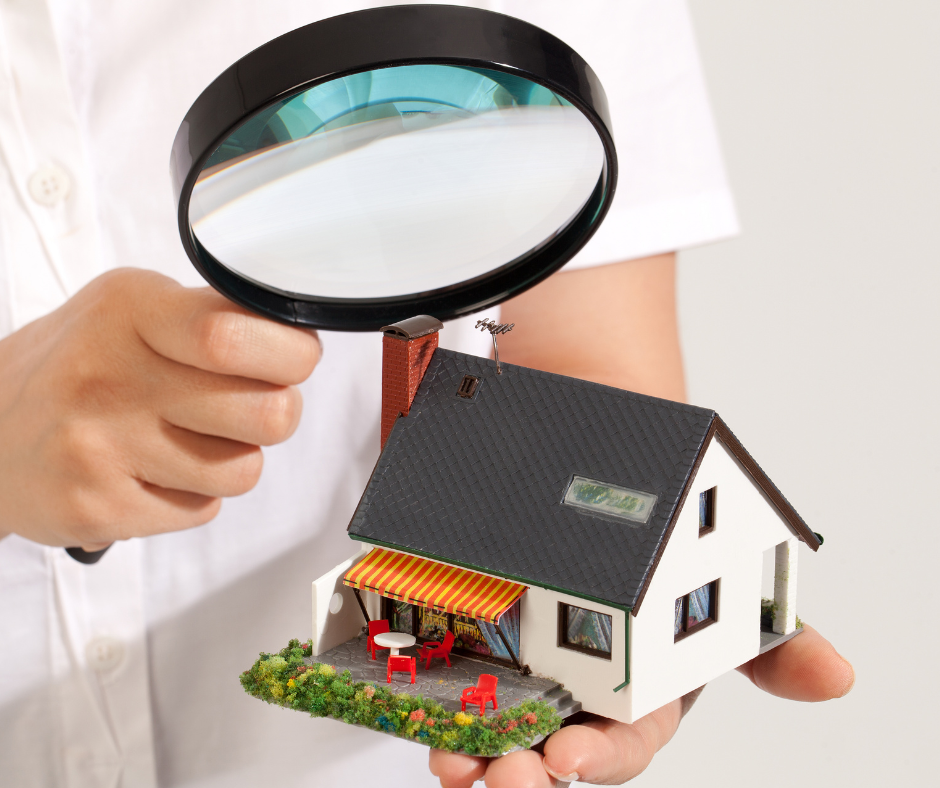What Does a Home Inspector Really Check?
Buying a home ranks among major investments. Ensuring property condition is crucial. Home inspector plays a pivotal role. Inspection informs buyers about property condition and potential concerns. This blog explores aspects examined during inspection.
Exterior Inspection
Home inspector first assesses property exterior. They meticulously examine the roof for damage, leaks, or missing shingles. Additionally, the inspector checks the gutters, downspouts, and drainage for proper function. Walls, siding, foundation, and visible features like decks, porches, and balconies undergo scrutiny.
Interior Inspection:
After exterior evaluation, the inspector moves indoors. They check rooms, ceilings, walls, and floors for harm, cracks, or leaks. The inspector reviews the electrical and plumbing systems for code compliance and safety. They inspect the heating, ventilation, and air conditioning (HVAC) systems.
Attic and Basement Inspection:
The inspector pays attention to the attic and basement areas, revealing clues about the property’s condition. They examine attic insulation, ventilation, and signs of water damage or pests. They inspect the basement for the foundation, water infiltration, and support structure condition.
Electrical System:
The inspector assesses the electrical system for safety and code compliance, including the panel and circuits. Outlets, switches, and fixtures are scrutinized for hazards or malfunctions.
Plumbing System:
A thorough examination of the plumbing system reveals leaks, water pressure issues, or faulty pipes. The water heater’s age, condition, and safety are assessed.
HVAC System:
The heating and cooling systems’ functionality is evaluated, including the furnace, air conditioner, and ventilation.
Appliances:
Though not always included, some inspectors assess kitchen appliances like ovens, dishwashers, and refrigerators for proper operation.
Pest and Mold Inspection:
In specific regions, a separate pest and mold inspection may assess pest vulnerability and mold-related issues.
Safety Features:
Home inspectors meticulously evaluate safety features like smoke detectors, carbon monoxide detectors, stair handrails, and safety glass for compliance with safety standards.
Environmental Factors:
In regions prone to environmental concerns, inspectors search for signs of radon, lead paint, or asbestos, informing potential buyers.
A home inspection is pivotal in the home buying process, providing peace of mind and informed decisions. A skilled home inspector uncovers concerns through extensive assessment. Their role is not property valuation but thorough evaluation, allowing negotiation or reconsideration. Always hire a qualified and experienced home inspector for a reliable assessment.

